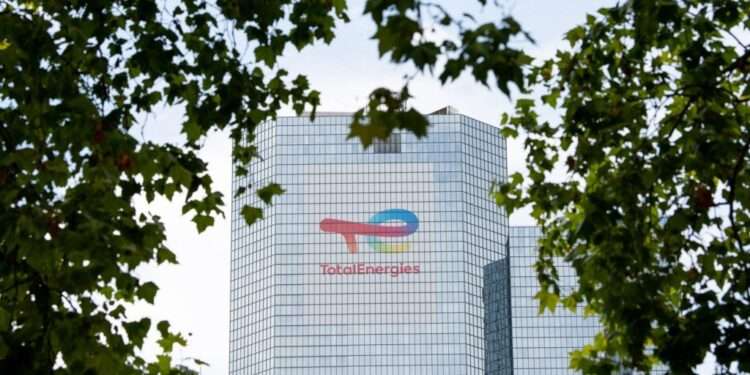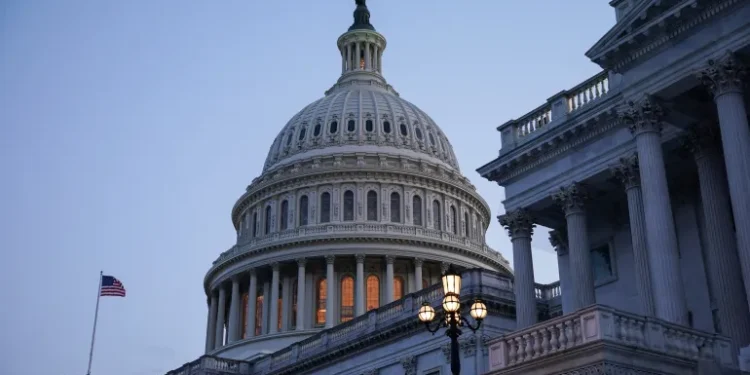Vincent Clerc, the Chief Executive of shipping giant, AP Møller-Maersk has warned of potential major effects on the global economy due to continuing attacks on commercial vessels in the Red Sea.
Clerc stated that it could potentially have quite significant consequences on global growth.
“We are urging the international community to mobilise and do what it needs to do to reopen the [Bab al-Mandab] Strait,” he said, adding that it is “one of the main arteries of the global economy and it is clogged right now.”
According to the German Kiel Institute for the World Economy, global trade dropped by 1.3 percent from November to December 2023 as attacks on merchant vessels in the Red Sea led to a plunge in the volumes of cargo.
The institute disclosed that currently, about 200,000 containers are being transported via the Red Sea daily, down from some 500,000 per day in November.
Julian Hinz, Director of Kiel’s trade policy research centre, stated that diversions in response to the attacks have led to journeys between Asian production centres and European consumers taking up to 20 days longer.
“This is also reflected in the declining trade figures for Germany and the EU, as transported goods are now still at sea and have not already been unloaded in the harbours as planned,” Hinz said in a statement.
French naval forces have begun escorting ships with French interests through the contentious Red Sea waters, where commercial vessels fear attacks from Yemen’s Houthi rebels, according to the joint commander of French forces in the area.
Rear-Admiral Emmanuel Slaars said the French forces are also carrying out patrols in coordination with the US-led naval coalition Prosperity Guardian but that “Paris’s current mandate did not include striking Houthi rebels directly.”
He said that the global naval forces’ presence had an impact on securing the waters, with 80 percent of container traffic still passing through the Bab al-Mandab strait.
UN Security Council demands Houthis stop Red Sea shipping attacks
Meanwhile, the UN Security Council passed a resolution demanding Yemen’s Houthis end attacks on ships in the Red Sea and free the Japanese-operated Galaxy Leader that was seized last year.
In support of Palestinians in Gaza, the Houthis have launched numerous missile and drone attacks on vessels in the Red Sea which they say are involved with Israeli ports.
According to U.S, the Iran-backed Houthis have carried out 26 attacks on commercial ships in the Red Sea since commandeering the Galaxy Leader and its 25-strong multinational crew on November 19.
The key provision of the resolution noted the right of United Nations member states, in accordance with international law, “to defend their vessels from attack, including those that undermine navigational rights and freedoms.”
The head of Yemen’s Houthi supreme revolutionary committee, Mohammed Ali al-Houthi responded to the UN Security Council resolution by accusing the U.S of “violating international law” by supporting Israel’s war on Gaza.
In a post on social media, Mohammed Ali al-Houthi also said Israel must “immediately stop all attacks that hinder life and its continuity in Gaza” and said the UN Security Council should ensure that millions of Palestinians in Gaza are freed from the “Israel-American siege” of the territory.
Israel’s military siege is a “deadly weapon” that has turned the Palestinian territory into “the largest prison in which collective criminal punishment is practised”, al-Houthi said.
“What the Yemeni armed forces are doing comes within the framework of legitimate defence,” he said.
“The decision that was adopted regarding the security of navigation in the Red Sea is a political game, and the United States is the one violating international law,” he added.
READ ALSO: The Youth Manifesto “Votes” For Jobs





















